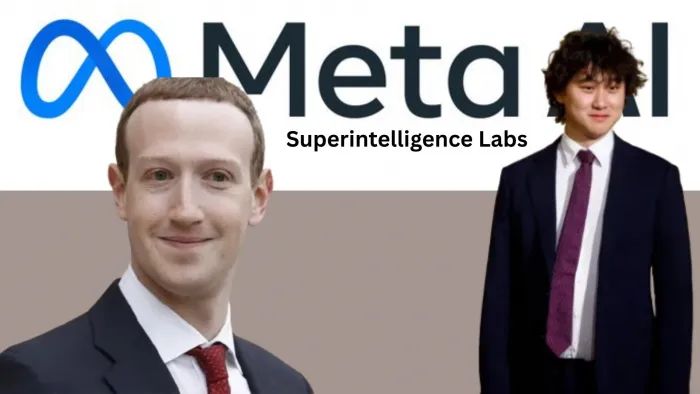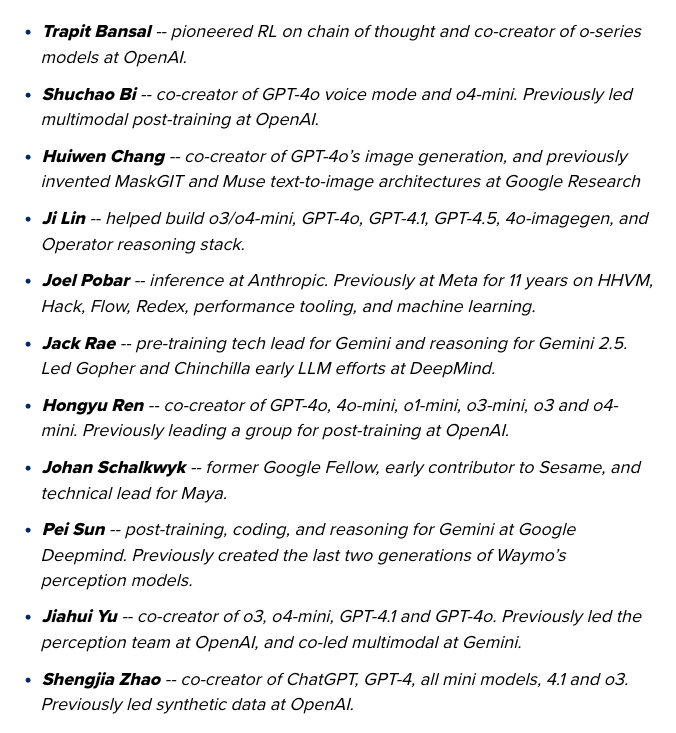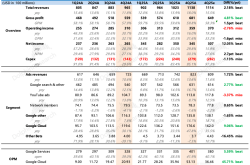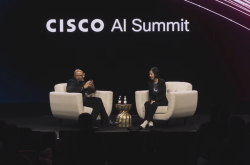Meta Establishes 'Superintelligence Labs' Under ScaleAI CEO, Offering Lucrative Bonuses to Attract OpenAI Talent
![]() 07/03 2025
07/03 2025
![]() 687
687
Zuckerberg is planning something monumental this time around.
Meta has officially launched Meta Superintelligence Labs (MSL).
This cutting-edge lab is co-headed by two industry titans: Alexandr Wang, the youthful yet influential CEO of ScaleAI, and Nat Friedman, the former CEO of GitHub and a tech investment prodigy.

1. Zuckerberg All-In on the AGI Frontier
You might have heard the terms AGI (Artificial General Intelligence) and ASI (Artificial Superintelligence) so often they've lost their novelty.
But this time, Zuckerberg isn't just hyping a concept; he's committing all his resources to conquer the AGI landscape.
While Meta has gained some recognition in AI circles, it hasn't been able to displace competitors like OpenAI, Anthropic, and Google. Additionally, Meta has lagged in commercializing large models and closed-source business models.
Zuckerberg recognized that if he didn't act swiftly, he'd watch his competitors reap the AI rewards.

From foundational large models, product lines, to research teams, Meta has consolidated all its AI assets into the new MSL division.
Thus, an 'MSL' with enhanced funding, manpower, and data has emerged.
2. $100 Million Signing Bonuses: Altman Labels it 'Crazy'
Zuckerberg's recruitment strategy can be summed up in four words: no expense spared.
According to Altman, Meta offered $100 million in signing bonuses to OpenAI employees. Zuckerberg personally reached out via WhatsApp to lobby them, even discussing the acquisition of Ilya Sutskever's new venture, Safe Superintelligence (though the offer was rejected).
This fervor made it seem like Meta wasn't just recruiting but assembling an 'Avengers' team...

The results didn't disappoint: Meta not only acquired the ScaleAI team but also lured 11 top researchers, including the lead creator of the GPT-4o voice system, the former technical lead of Gemini, the core architect of ChatGPT, and more.

This isn't mere poaching; it's extracting the heart of the entire model stack.
3. Can Meta Pull It Off?
Frankly, many are skeptical, even Meta's shareholders are growing restless.
After all, Meta has ventured into 'futuristic technologies' before, like the VR metaverse, investing over $60 billion over several years only to produce a few pairs of smart glasses and VR devices with lukewarm market reception.

Many fear this AGI push will again burn money for years without tangible outcomes.
But Meta is confident: with stable cash flow, a vast user base, and control over hardware terminals like AI glasses, even one successful product can swiftly open markets.
Whether Meta's 'Superintelligence Labs' truly achieves AGI remains to be seen.
But the message is clear: AI competition isn't about who iterates faster but who assembles the brightest minds.
At this critical juncture, Meta has presented a bold answer.







